In the conference’s final declaration, ministers, heads of delegations and representatives of international organizations and the private sector encouraged member states to support low-income countries, particularly in Africa, in integrating road safety into their policies.
This commitment, they recommended, should prioritize actions, interventions, and investments to improve road safety indicators by ensuring knowledge sharing, capacity building, and data exchange; adapting road infrastructure design standards and post-crash interventions; and strengthening and improving safe and sustainable transport systems
In this regard, the participating delegations urged the organization of a regional mid-term meeting in Morocco, by the Ministry of Transport and Logistics, dedicated to Africa, to follow up on the recommendations of the Marrakech Declaration.
Africa is the region with the highest fatality rates, accounting for 24% of road traffic deaths, despite having only 4% of the world’s registered vehicles, the Declaration recalls.
Faced with such an alarming situation, speakers of the conference expressed deep concern that road safety in developing countries remains seriously under-financed by public and private funds and that, despite the existence of a national road safety strategy in a majority of member states, most of these strategies are neither financed nor implemented.
They noted that a very limited number of African countries have technical standards aligned with international standards for road infrastructure, which is a factor in higher fatality rates in Africa compared with other countries in the rest of the world.
Under the High Patronage of His Majesty King Mohammed VI, the 4th Global Ministerial Conference on Road Safety was hosted by Morocco’s Ministry of Transport and Logistics in collaboration with the WHO. It brought together official delegations led by more than 100 ministers responsible for transport, interior affairs, infrastructure, and health.

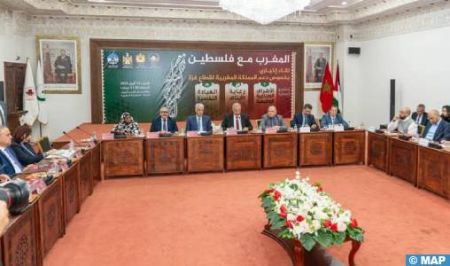

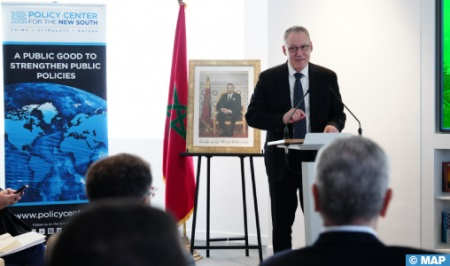
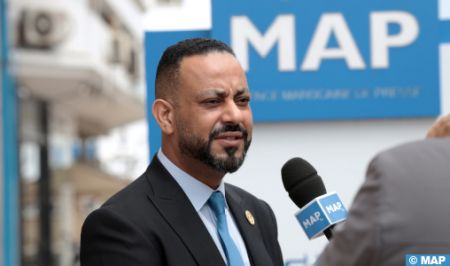
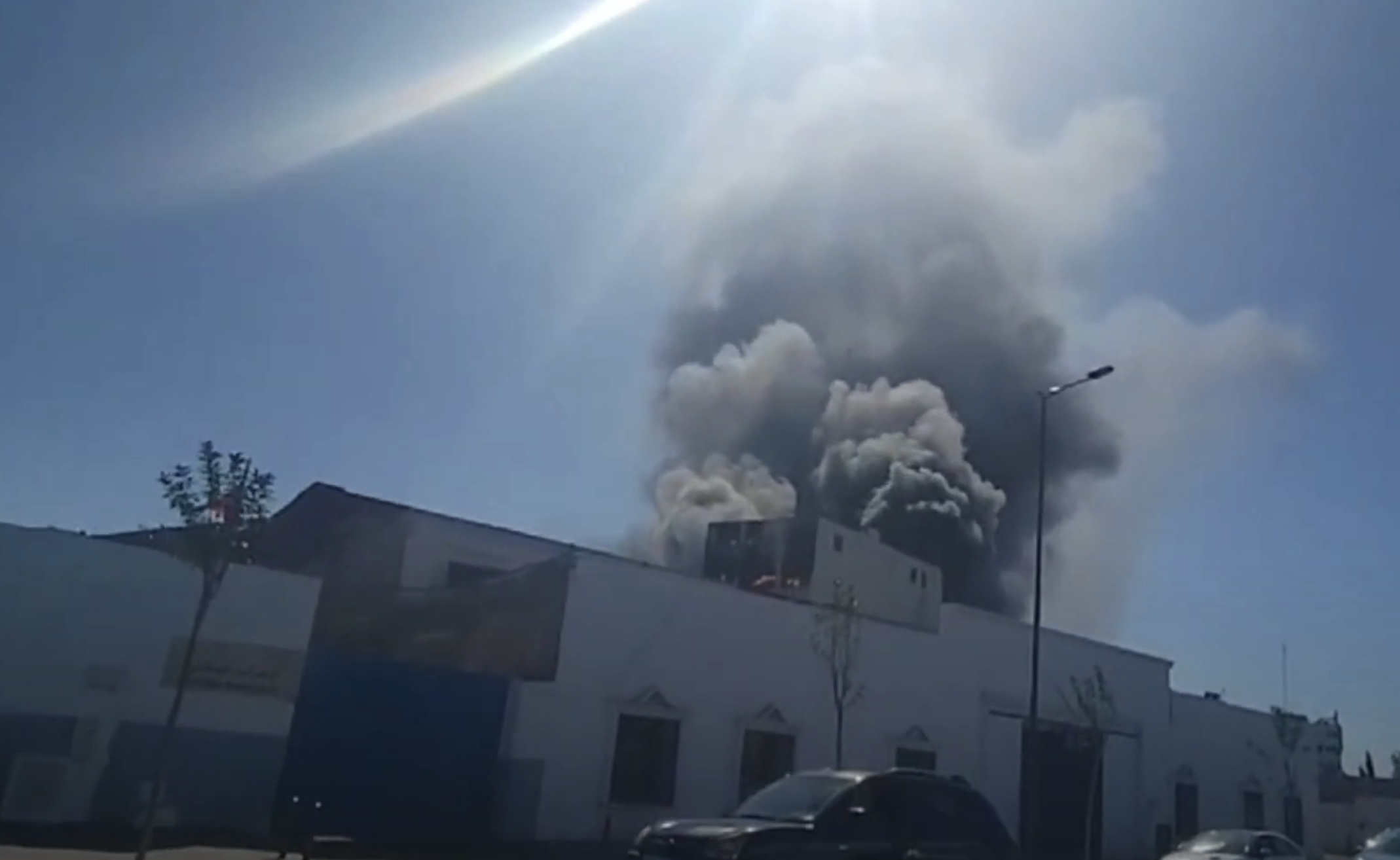


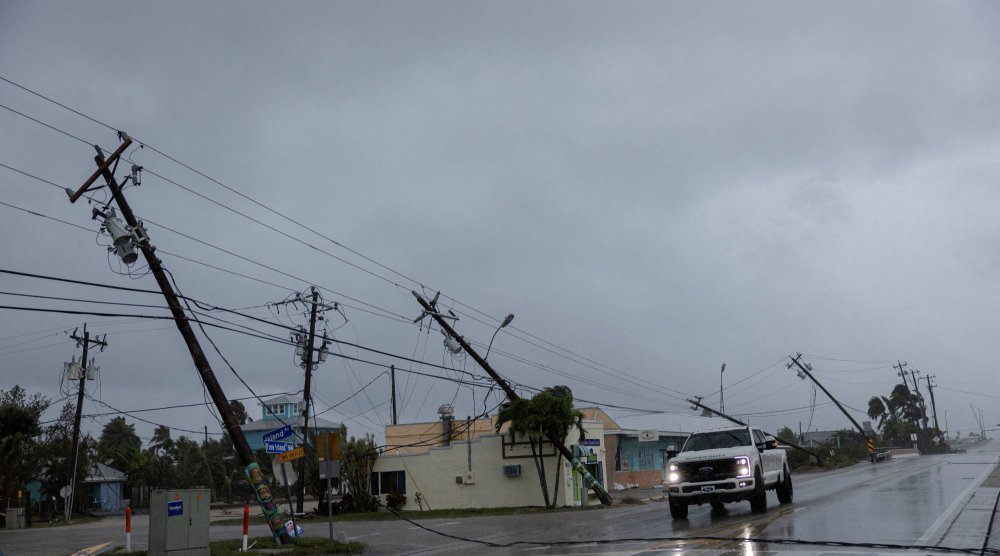


Comments
0